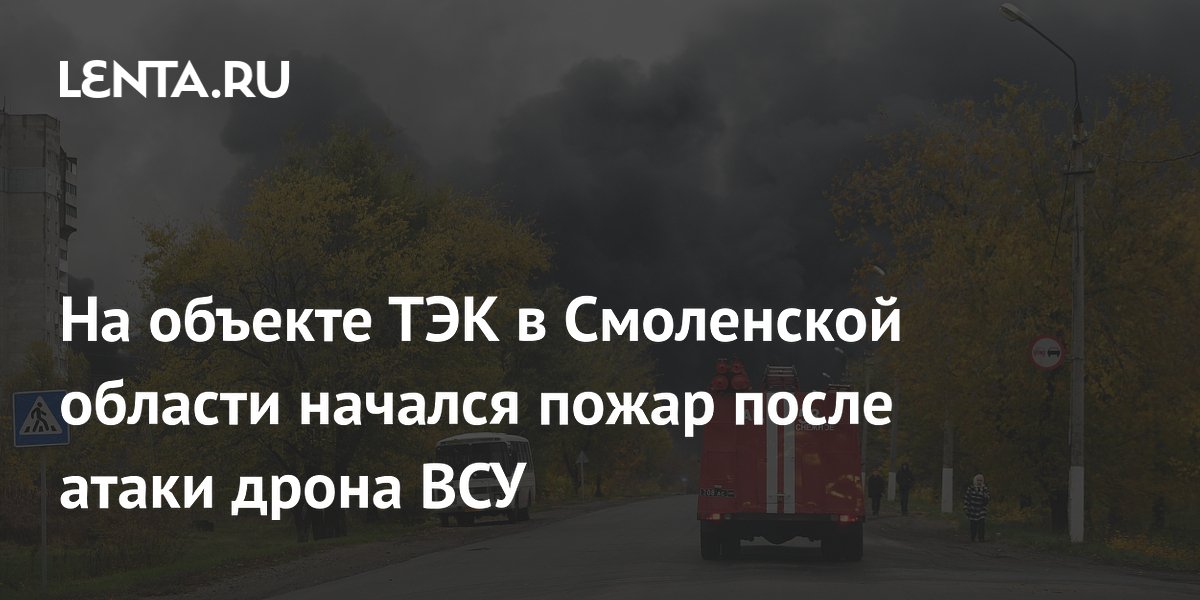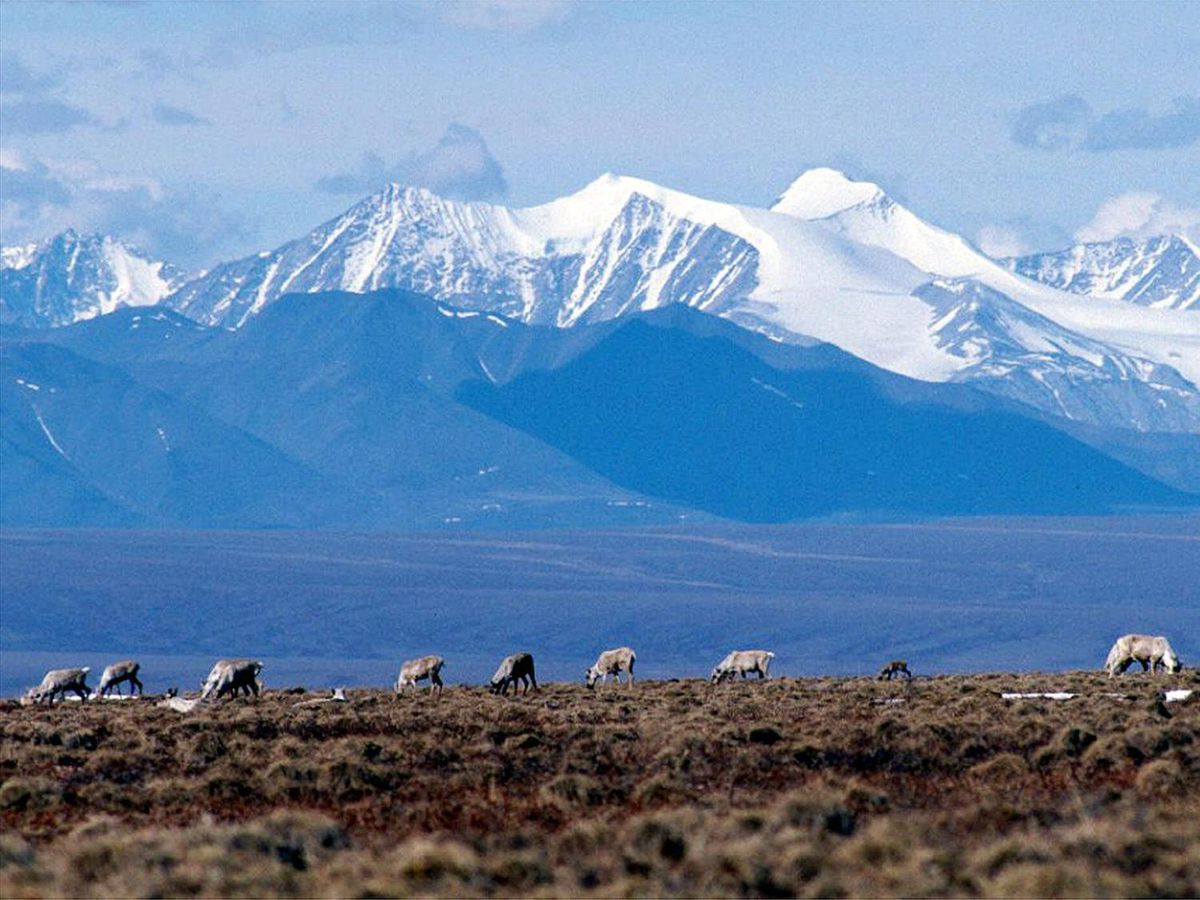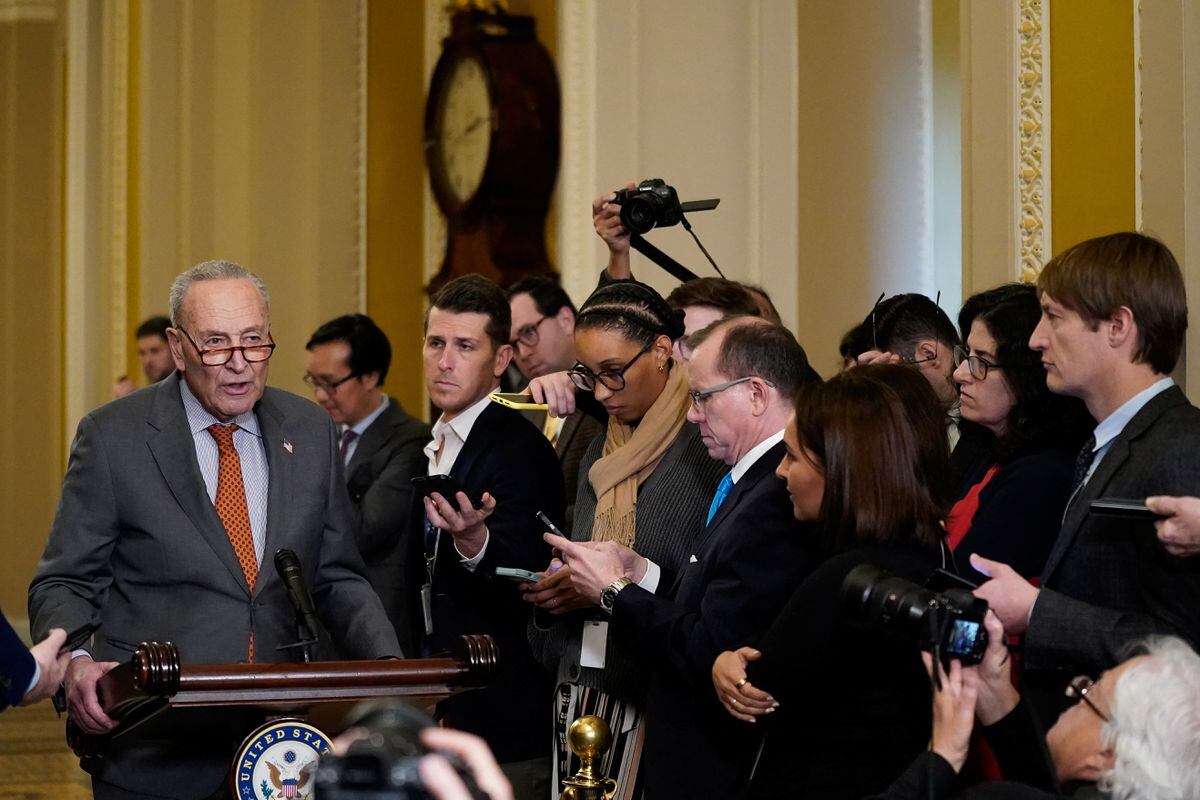Investors are nervous about the situation in Ukraine. There are several different Russia risks in the large companies of the Helsinki Stock Exchange.
European stock exchanges ended a sharp decline on Monday. There are several factors behind the stock market crash of recent weeks, the most pressing of which is the current conflict in Ukraine.
“The entire first half of the year has been weak on the stock exchanges, mainly due to rising inflation and interest rate hike expectations. When the situation in Ukraine, which is getting worse day by day, is added to it, it is only natural that the stock markets will fall, ”OP’s chief analyst Antti Saari says.
According to Saari, assessing the impact of geopolitical risks is very difficult for investors.
“In most cases, politically tense situations do not have a major impact on the world economy, and therefore not on the market. At the same time, everyone is aware that if the crisis leads to widespread conflict, the effects on the economy would be severe. ”
Helsinki From the point of view of listed companies, the risks to Russia can be divided into two categories: the economic situation in Russia and Eastern Europe and, more generally, geopolitics, economic sanctions and their multiplier effects.
Western countries imposed extensive economic sanctions on Russia in 2014 as a result of the occupation of Crimea and other actions related to Ukraine.
Finnish listed investors were reminded of this last week when the small engineering company Kesla announced that the financial institution had suspended its Russian customer’s cash flow “on the basis of an interpretation of the sanctions regulations”.
As a result of the decision, Kesla had to put the customer’s order backlog worth approximately ten million euros on hold until the situation was resolved. The amount can be considered significant for Kesla, as the company’s turnover in 2021 was EUR 45.5 million.
The large companies on the stock exchange have so far been able to operate relatively smoothly despite the current sanctions against Russia. However, there are enough risks in Russia. Nokian Tires, Fortum and Finnair are the most significant direct Russia risks among the major companies on the Helsinki Stock Exchange.
Nokia tires
Nokian Tires is perhaps the most closely tied to Russia on the Helsinki Stock Exchange. The company’s largest tire factory is located in Seulosko, near St. Petersburg.
“The screening plant in Seuloskoi is very important, even vital, for Nokian Tires,” Inderes analyst Joonas Korkiakoski says.
Nokian Tires has plants in Russia, Finland and the United States. The Russian plant is the largest and most efficient of them. Korkiakoski estimates that the Russian plant accounted for almost 80 percent of Nokian Tires’ tire production last year.
Most of the plant’s production was exported outside Russia. Nokian Tires says that it is Russia’s largest exporter of consumer goods. It describes the important role of Nokian Tires in the Russian export sector. Correspondingly, export sanctions against Russia could, in theory, affect not only Russian companies but also Nokian Tires.
“As part of our normal risk management work, we are preparing for different scenarios, and this work has now been done very actively due to the crisis in Ukraine. This work includes accessibility planning. If necessary, we can make decisions quickly. We have the capability to transfer the production of certain product groups between factories if the situation so requires, ”Nokian Tires’ Communications Manager Tarja Pennanen comment on the situation via email.
The Russian consumer market is also important for Nokian Tires. In recent years, the company has received about one-fifth of its sales from the Russian market. Thus, the weak economic development in Russia would be quickly reflected in the company’s growth figures.
Nokian Tires has been one of the quietest shares on the Helsinki Stock Exchange at the beginning of the year. The company’s share price has fallen 21 percent during the first half of the year and fell four percent on Monday.
The state-owned investment company Solidium owns 9.4 percent of Nokian Tires.
Fortum
The state-owned energy company Fortum owns gas and coal-fired power plants as well as solar and wind power in Russia. Fortum says it is Russia’s largest producer of wind power.
Fortum’s subsidiary Uniper is also linked to Russia in many ways. Uniper owns gas and coal-fired power plants in Russia and is a co-owner of the Nord Stream 2 gas pipeline across the Baltic Sea.
In January-September, Fortum’s Russian operations accounted for just over 10 percent of Fortum’s comparable operating profit. At Uniper, the corresponding figure was almost 30 percent. Uniper’s real dependence on Russia is even higher than that, as its European power plants are largely powered by gas purchased from Russia.
In total, Fortum’s and Uniper’s Russia operations are valued at billions of euros.
Fortum’s business in Russia is relatively stable in nature, as it receives compensation in the form of capacity fees from many of its production facilities in Russia. It will guarantee a certain price for the electricity produced by Fortum in Russia in the next few years. In this case, the biggest business risk for Fortum is the ruble, which has weakened in recent months.
For Fortum, the risk, even higher than the ruble, lies in the fact that energy companies often end up as pawns in international politics.
Professor of International Business at the University of Turku Kari Liuhto thought recently In Helsingin Sanomat, that Fortum is a tightening screw that Russia can use as part of its policy if it so wishes.
Investors have already reacted to Fortum’s Russia risks. The company’s share price has fallen by about 13 percent during the first half of the year, although analysts have raised the company’s earnings forecasts. On Monday, Fortum’s share price fell by more than 5 percent.
Finnair
“The cornerstone of Finnair’s strategy is the company’s geographical location, which enables the fastest connections in the growing aviation market between Asia and Europe,” says Finnair in its 2020 annual report.
Right now, that geographical location seems as much a risk as a competitive advantage.
Russia or Ukraine are not the number one destinations for Finnair’s flights, but Russia is nevertheless a vital partner for Finnair’s operations. Finnair wants to grow especially in scheduled traffic in Southeast Asia, and then the most direct route will cross Russia.
If Finnair lost its overflight license in Russia, it would mean a blow to the company’s business that is almost comparable to an interest rate crisis. If, at the same time, Ukrainian airspace were to be closed, Finland would be left behind in terms of Finnair’s flight routes. The only option for long scheduled flights would be practically west.
Finnair’s share price rose by three per cent during the first half of the year and thus outperformed the general index of the Helsinki Stock Exchange. On the other hand, Finnair’s price development has clearly lagged behind many other European airlines, whose prices have risen sharply during January-February.
The Finnish state owns 56 percent of Finnair.
Liquid
Neste has been setting up its business for decades to refine Russian Urals crude oil.
However, Neste’s dependence on Russia has decreased significantly in recent years, as Neste now generates much of its profit from renewable fuels. The company collects renewable raw materials from around the world, and analysts estimate that they do not pose a particular risk to Russia.
Even Neste’s traditional refining operations are not entirely dependent on Russian oil. The share of Urals oil in Neste’s refineries has varied in the 50-80% range in recent years. Last year, 65 percent of the oil flowing through Neste’s refineries was from Urals.
Neste says that it makes a decision on the quality of the crude oil used according to “price, quality and product yield”. Analysts estimate that, in an extreme case, Neste’s refineries could, if necessary, operate even completely without Russian oil.
The largest owner of Neste is the Finnish state with a holding of approximately 36 percent. The second largest owner is the state Climate Fund Ltd with a share of about eight percent.
#market #major #Russian #risks #Helsinki #Stock #Exchange #Finnair #blow #similar #coronary #crisis #worst

/cloudfront-eu-central-1.images.arcpublishing.com/prisa/GP2ZXWJRROQQUNBAGJPH3WIOVQ.jpg)




